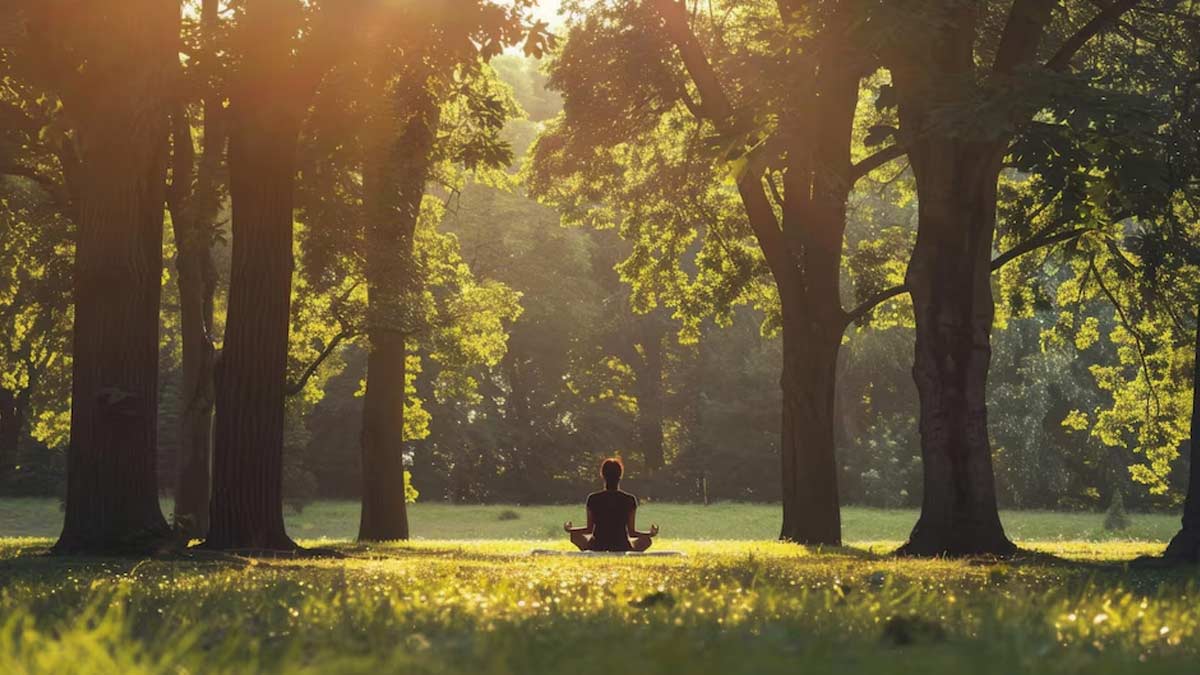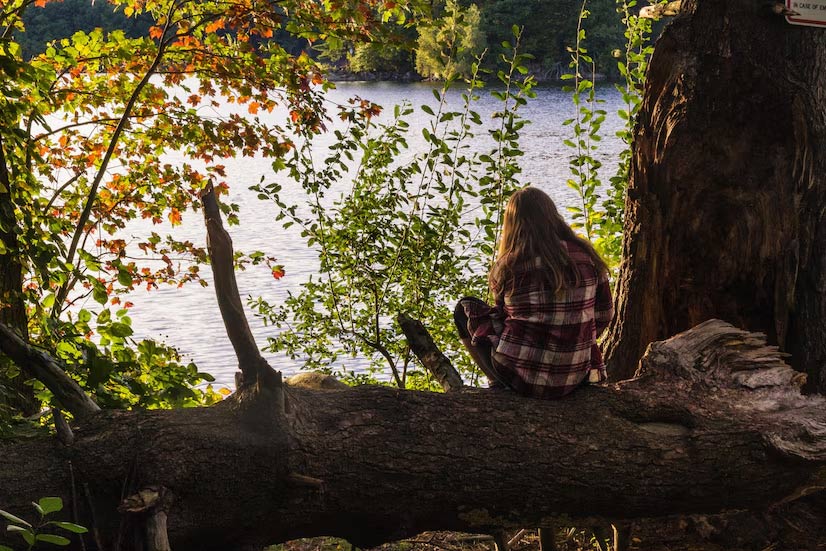
In the hustle and bustle of modern life, where concrete jungles are the norm and screens dominate our attention, the simple act of spending time among trees and nature might seem quaint or even trivial. However, an emerging field known as ecotherapy is shedding light on the profound benefits that nature, especially trees, can have on mental health and trauma recovery.
Table of Content:-
What is Ecotherapy?
Ecotherapy, also known as nature therapy or green therapy, involves guided interactions with nature to improve mental and physical well-being. This practice includes activities like gardening, walking in forests, and spending time in green spaces. The underlying principle of ecotherapy is the healing power of nature, leveraging our intrinsic connection to the natural world to enhance psychological health.
The Science Behind Ecotherapy
Numerous studies support the positive impact of nature on mental health. A notable study conducted by Stanford University found that individuals who walked in a natural setting for 90 minutes showed decreased activity in a region of the brain associated with depression. This suggests that nature walks can lower the risk of mental health issues by reducing rumination and negative thought patterns.
Another research conducted by the University of Exeter highlighted that people living in greener urban areas reported lower levels of mental distress and higher levels of well-being. This study emphasized that even small green spaces within urban environments could contribute significantly to mental health.
Also read: Breathe Easy, Live Happy: Top Indoor Plants For A Mental Health Boost
Trees and Trauma

The healing power of trees extends beyond general mental well-being to trauma recovery. A concept known as "forest bathing" or "shinrin-yoku" in Japan, involves immersing oneself in a forest environment. Research published in the journal Environmental Health and Preventive Medicine demonstrated that forest bathing can significantly reduce cortisol levels, a marker of stress, and enhance immune function.
Moreover, exposure to nature has been found to accelerate recovery from traumatic experiences. A study by the University of Illinois found that veterans with PTSD showed significant improvement in symptoms after participating in outdoor activities such as hiking and camping. The calming effect of nature, combined with physical activity and social interaction, contributed to this improvement.
How Trees Benefit Mental Health
Reduction in Stress: Trees release phytoncides, which are antimicrobial organic compounds. When we breathe in these phytoncides, they interact with our body in ways that can reduce blood pressure, lower cortisol levels, and improve mood.
Improved Cognitive Function: Spending time in nature has been linked to improved attention and cognitive function. A study published in the Journal of Environmental Psychology found that interacting with natural environments can enhance cognitive performance and creativity.
Enhanced Social Connections: Green spaces often serve as communal areas where people can interact and build social connections. This social aspect of ecotherapy can combat loneliness and promote a sense of community.
Physical Exercise: Activities like walking, hiking, and gardening provide physical exercise, which is known to improve mental health by releasing endorphins and promoting better sleep.
Practical Tips for Ecotherapy

Forest Walks: Regular walks in wooded areas can significantly boost mental health. Try to make these walks mindful by paying attention to the sights, sounds, and smells of the forest.
Gardening: Tending to plants and trees in your garden can be a meditative activity that promotes relaxation and a sense of accomplishment.
Nature Meditation: Spend time sitting quietly under a tree, practicing mindfulness or meditation. Focus on your breathing and the natural environment around you.
Outdoor Activities: Engage in activities like hiking, bird-watching, or even having a picnic in a park. These activities encourage physical movement and interaction with nature.
Conclusion
Incorporating trees and nature into our lives can be a powerful tool for improving mental health and aiding in trauma recovery. As research continues to unveil the profound benefits of ecotherapy, it's clear that reconnecting with nature is not just beneficial, but essential for our overall well-being. So, the next time you feel overwhelmed or stressed, consider stepping outside and embracing the healing power of trees.
Also watch this video
How we keep this article up to date:
We work with experts and keep a close eye on the latest in health and wellness. Whenever there is a new research or helpful information, we update our articles with accurate and useful advice.
Current Version